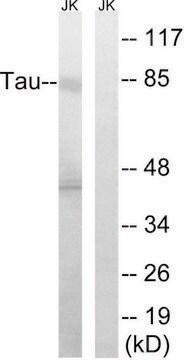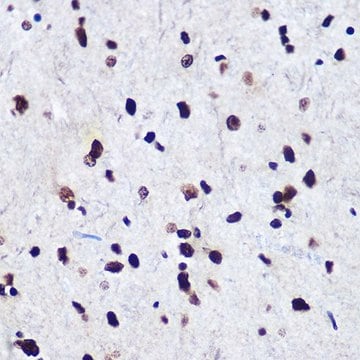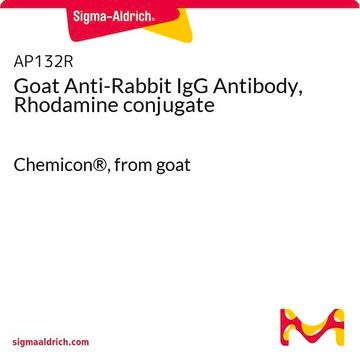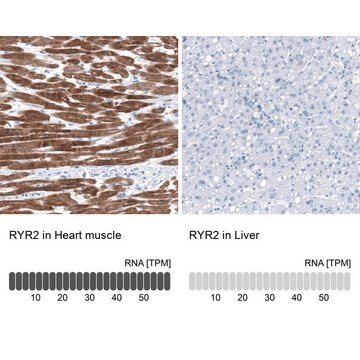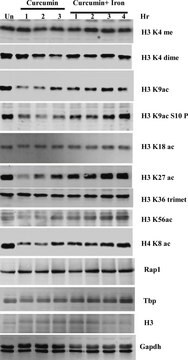SAB4502987
Anti-TSG6 antibody produced in rabbit
affinity isolated antibody
Synonym(s):
α-induced protein 6, TSG6, tumor necrosis factor
About This Item
WB
western blot: 1:500-1:1000
Recommended Products
biological source
rabbit
Quality Level
conjugate
unconjugated
antibody form
affinity isolated antibody
antibody product type
primary antibodies
clone
polyclonal
form
buffered aqueous solution
mol wt
antigen 31 kDa
species reactivity
human, mouse
concentration
~1 mg/mL
technique(s)
ELISA: 1:1000
western blot: 1:500-1:1000
NCBI accession no.
shipped in
wet ice
storage temp.
−20°C
target post-translational modification
unmodified
Gene Information
human ... TSG6(7130)
General description
Immunogen
Immunogen Range: 21-70
Biochem/physiol Actions
Features and Benefits
Physical form
Disclaimer
Not finding the right product?
Try our Product Selector Tool.
Storage Class Code
10 - Combustible liquids
WGK
nwg
Flash Point(F)
Not applicable
Flash Point(C)
Not applicable
Choose from one of the most recent versions:
Certificates of Analysis (COA)
Don't see the Right Version?
If you require a particular version, you can look up a specific certificate by the Lot or Batch number.
Already Own This Product?
Find documentation for the products that you have recently purchased in the Document Library.
Our team of scientists has experience in all areas of research including Life Science, Material Science, Chemical Synthesis, Chromatography, Analytical and many others.
Contact Technical Service

